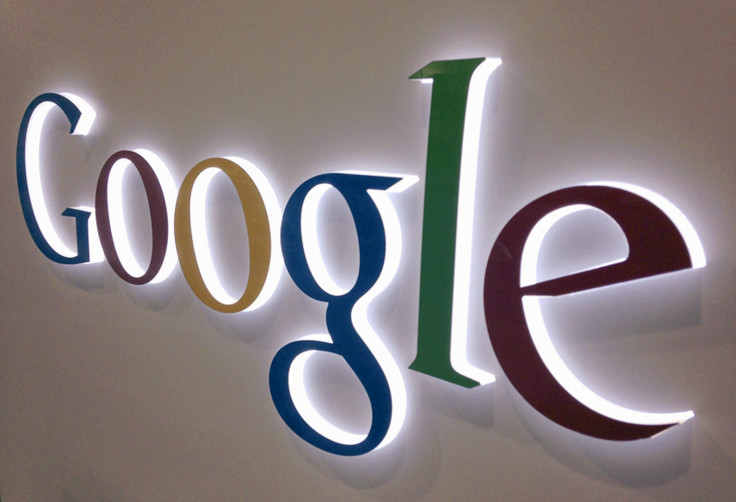Google ‘Shared Endorsements’ Feature Uses Your Face And Name To Advertise Products

If you’ve got the kind of face that could sell shoelaces to a sandal manufacturer, here’s your chance to use it. Google Inc. (NASDAQ:GOOG) is about to roll out its new advertising feature, called Shared Endorsements, which will use your face, name and comments to advertise brands and products online.
Google announced changes to its terms-of-service policy on Friday that will allow the multinational corporation to share your endorsements with others on the Web, as Reuters reported. This means if you’ve ever reviewed a product, hotel or restaurant on a Google service such as YouTube or Google Play or if you’ve ever hit +1 to endorse a particular brand via Google+, you could become the next poster child for that product.
Starting Nov. 11, your name and photo could appear on any of the 2 million sites that belong to Google’s ad network, according to CNN.
It’s all about cheap advertising, Digital Trends said. Google wants to make your online presence more attractive to advertisers, who can use the information to personalize their ads. The idea is that your friend who just searched for “throw pillows” via Google is more likely to click on a particular ad if they see your face and product endorsement (“Just got these myself, they’re super comfy and look great too!”) accompanying the ad. Or let’s say you rated a particular track with four stars on the Google Play music service: Your name and photo might appear in an ad for that album.
“Google knows that word of mouth is powerful,” Mark Rogowsky wrote for Forbes. “If an advertiser can claim, truthfully, that someone you know is already using their product and has given it their approval, that’s good for business.”
But some people are crying foul about the new Google ad feature, saying Shared Endorsements is just one more way for Google to commercialize our online profiles.
“It’s a huge privacy problem,” Marc Rotenberg, the executive director of the Electronic Privacy Information Center in Washington, told Reuters. “[Users] shouldn’t have to go back and restore their privacy defaults every time Google makes a change.”
Google’s Shared Endorsements is very similar to Facebook Inc.’s (NASDAQ:FB) Sponsored Stories, which began in 2011. These turned Facebook users’ “Likes” and status updates with respect to products or companies into advertisements. As Bloomberg News reported, that led to a $20 million class-action settlement this year after public outcry over the Facebook feature reached its fever pitch.
Google’s new Shared Endorsements feature doesn’t apply to users under the age of 18. And, fortunately, if you don’t feel like having your face and name appear in ads, there is a way you can opt out. When you sign into your Google account, go to the Shared Endorsements setting page and uncheck the box next to “Based upon my activity, Google may show my name and profile photo in shared endorsements that appear in ads.” Then, click the “Save” button to save your new setting.
What do you think? Is Google’s new ad feature an invasion of privacy? Share your thoughts in the comments section below.
© Copyright IBTimes 2025. All rights reserved.






















